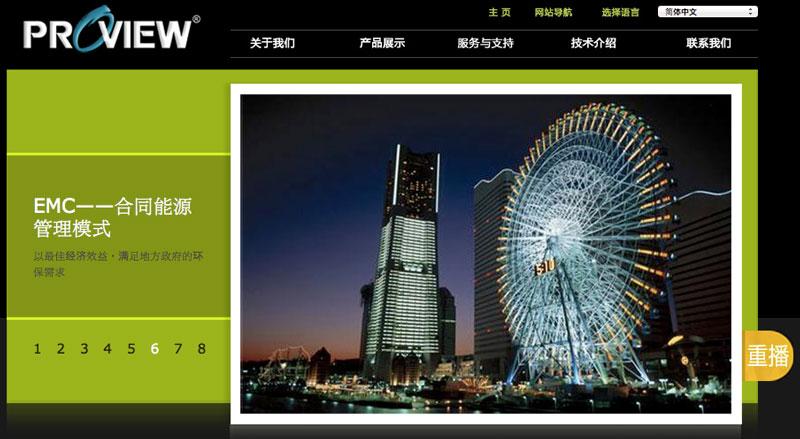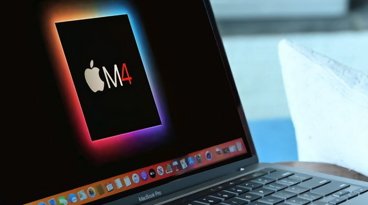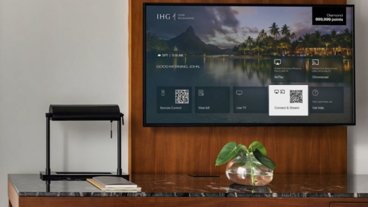Experts say Proview could benefit from secrecy Apple used to obtain 'iPad' name
Trademark attorneys who spoke with Reuters said Proview "has a plausible claim" against Apple. The company seeks to stop Apple's use of the "iPad" name for its hot-selling touchscreen tablet.
Proview's advantages stem from the strange ways Apple concealed its identity when the company negotiated with Proview to obtain the iPad trademark. Apple's acquisition was done through an "opaque special purpose entity," Proview has said in court filings.
"I have never encountered this level of ruse," said New York-based trademark attorney Martin Schwimmer of Apple's approach.
But some experts also believe that Apple can counter Proview's claims by arguing that the Chinese trademark holder cannot sue Apple directly. Instead, they could tell the court that Proview can only file suit against the special purpose corporation who actually bought the trademarks from them.
Last week, Proview brought its trademark infringement suit against Apple to America in a complaint lodged in a California court. The suit alleges that Apple acted "with oppression, fraud and/or malice" in using the U.K.-based IP Application Development, Ltd, or "IPAD," to buy the naming rights from a Taiwanese affiliate in 2009 for $55,000.
In response, Apple has argued that it legally bought the rights to the iPad name, and that Proview is not honoring its end of the deal struck between the two companies. Proview has sought as much as $2 billion from Apple for the naming rights.
Also last week, Proview suffered a setback in Shanghai, after a local court sided with Apple in a lawsuit filed there. Proview has filed a number of lawsuits in different cities across China, attempting to bar sales of the device. That strategy has led to some minor successes in small cities.
 Sam Oliver
Sam Oliver











 Malcolm Owen
Malcolm Owen
 William Gallagher and Mike Wuerthele
William Gallagher and Mike Wuerthele
 Christine McKee
Christine McKee
 William Gallagher
William Gallagher

 Marko Zivkovic
Marko Zivkovic









